

Uncovering the mysteries of milk allergy
Cow’s milk allergy is surprisingly common. Diagnosing it is surprisingly tough. An scientist sets out to help allergic kids and their families find answers.
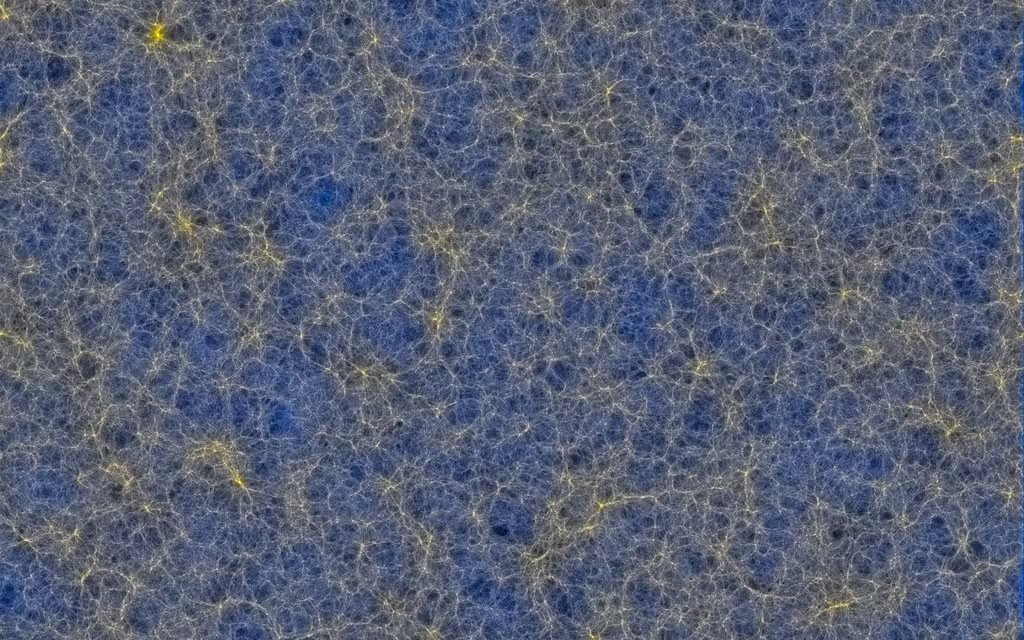
Astronomers carry out largest ever cosmological computer simulation to investigate universe’s evolution
The project, dubbed Flamingo, calculated the evolution of all components of the cosmos.

Black holes could come in ‘perfect pairs’ in an ever expanding Universe
Researchers have shown it’s theoretically possible for black holes to exist in perfectly balanced pairs – held in equilibrium by a cosmological force – mimicking a single black hole.

Two teams create miniature particle accelerators
Researchers succeed for the first time in accelerating electrons using a nano device.

Eyes may be the window to your soul, but the tongue mirrors your health
A 2000-year-old practice by Chinese herbalists – examining the human tongue for signs of disease – is now being embraced by computer scientists using machine learning and artificial intelligence.
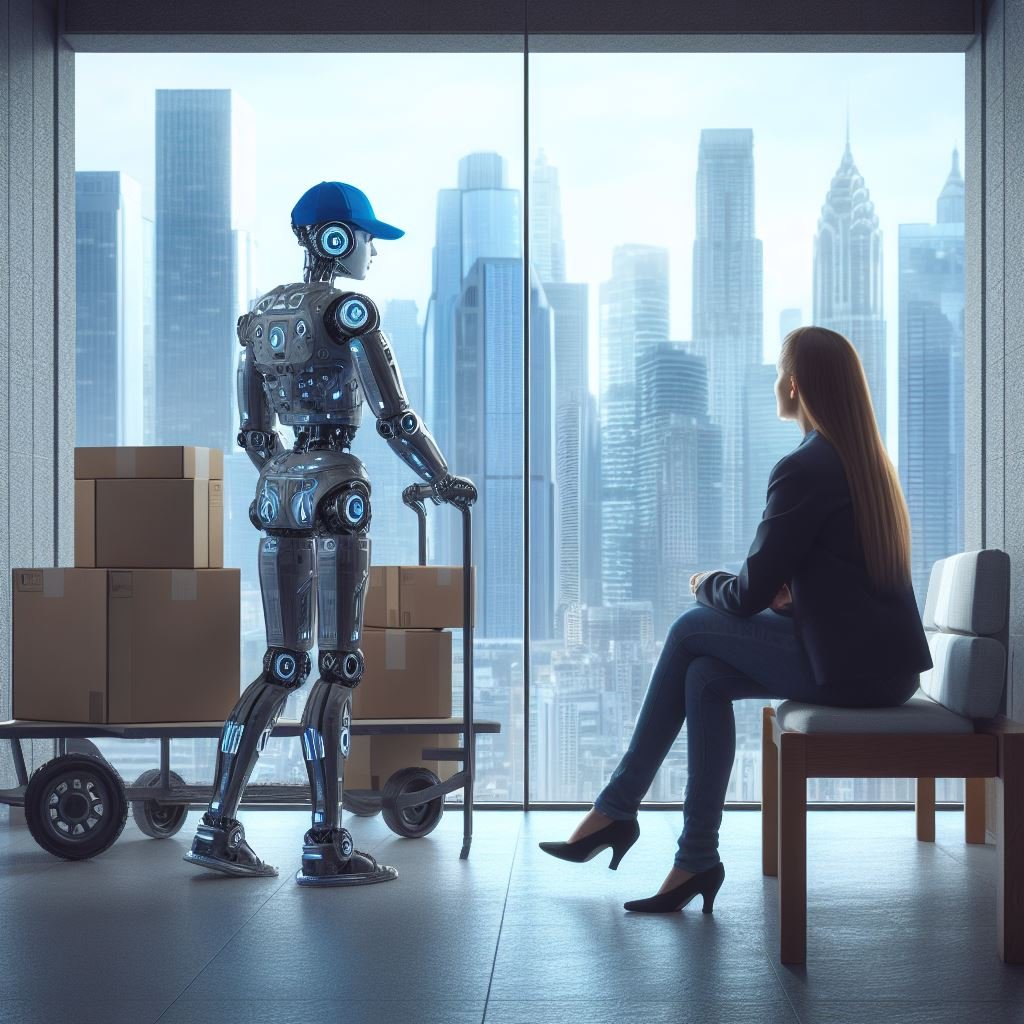
Do humans get lazier when robots help with tasks?
Scientists have found that humans pay less attention to their work when they think robots have already checked it.
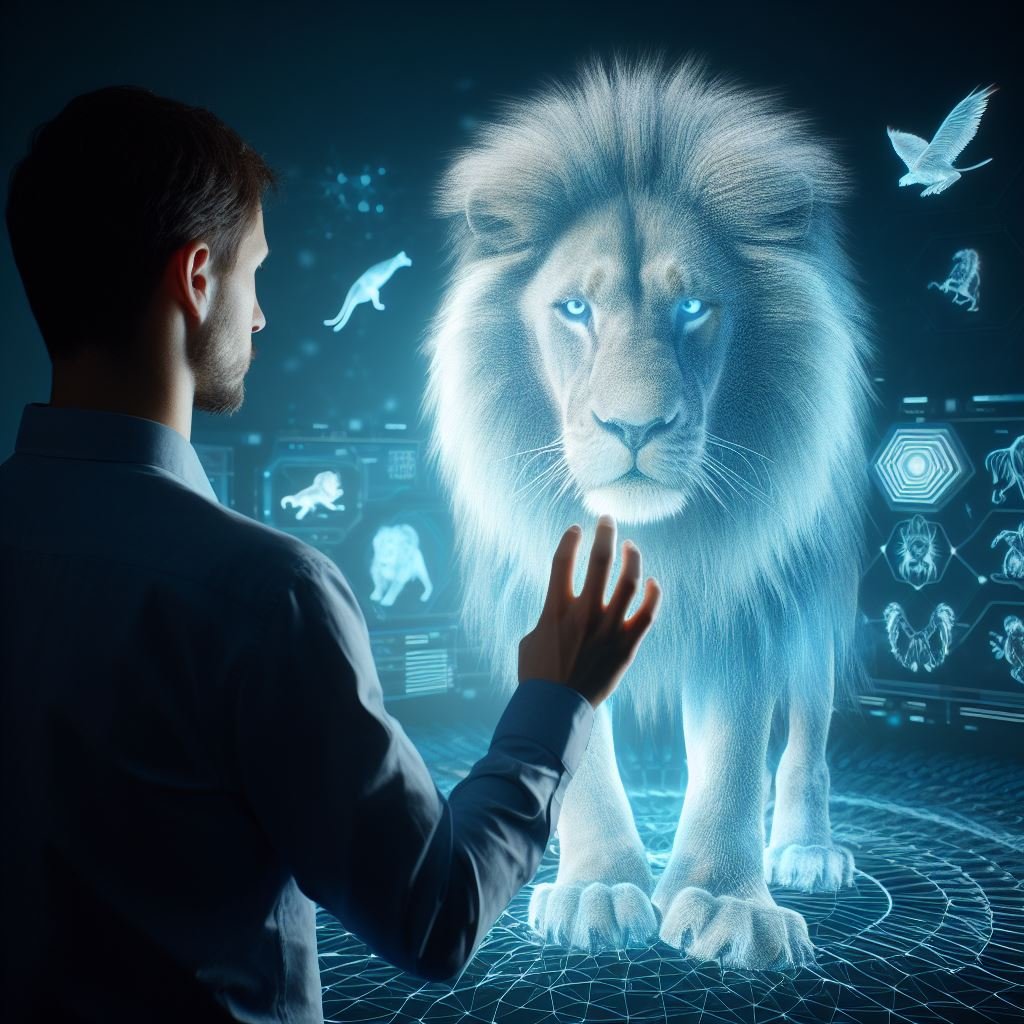
Simplifying the generation of three-dimensional holographic displays
Researchers propose a novel approach that utilizes deep learning to generate 3D holograms from colored 2D images.

Art with DNA: Scientists created 16 million colors to reproduce 24-bit digital images
Researchers succeeded in creating fluorescent duplexes that can generate any of 16 million colors – a work that surpasses the previous 256 colors limitation.
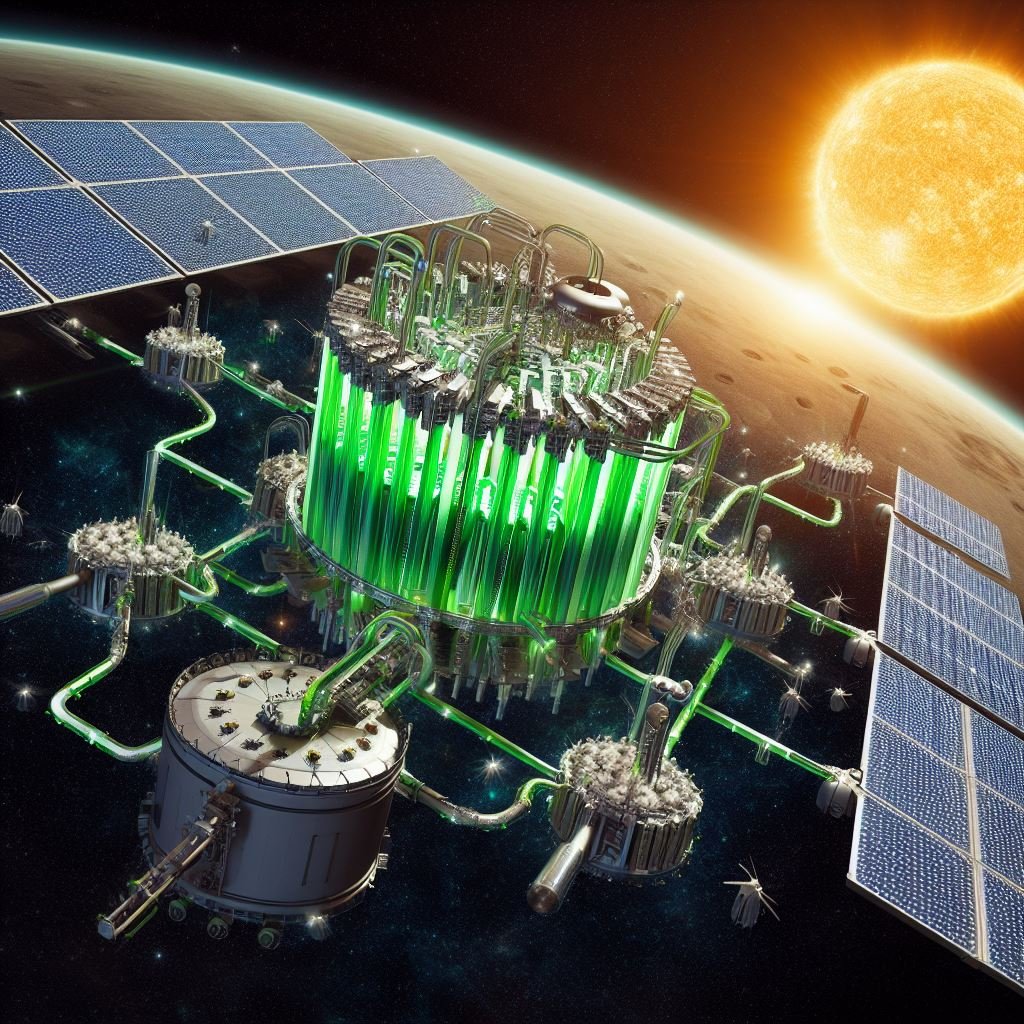
New MIT design would harness 40% of the sun’s heat to produce clean hydrogen fuel
Conventional systems for producing hydrogen depend on fossil fuels, but the new system uses only solar energy.

Holy immunity! Bat genes key against COVID, cancer
Their robust immune system protects bats from viruses that wreak havoc in humans, like COVID-19 or Ebola. It also keeps bats relatively cancer-free. How?

We can respond to verbal stimuli while sleeping
The study states that people can respond to vocal information delivered by a human voice while sleeping.

The negative effects of sleeping only 5-6 hours per nigh
Not getting enough sleep? Your vascular cells are drowning in oxidant, new study says.

Apoptosis: a process with 1.8 billion year-old origins
Recent research suggests that programmed cell death may be much older than previously thought.

Researchers reconstruct speech from brain activity
Researchers created and used complex neural networks to recreate speech from brain recordings, and then used that recreation to analyze the processes that drive human speech.

New insights on Neanderthal cuisine
Excavations reveal Neanderthals were as intelligent as Homo sapiens.
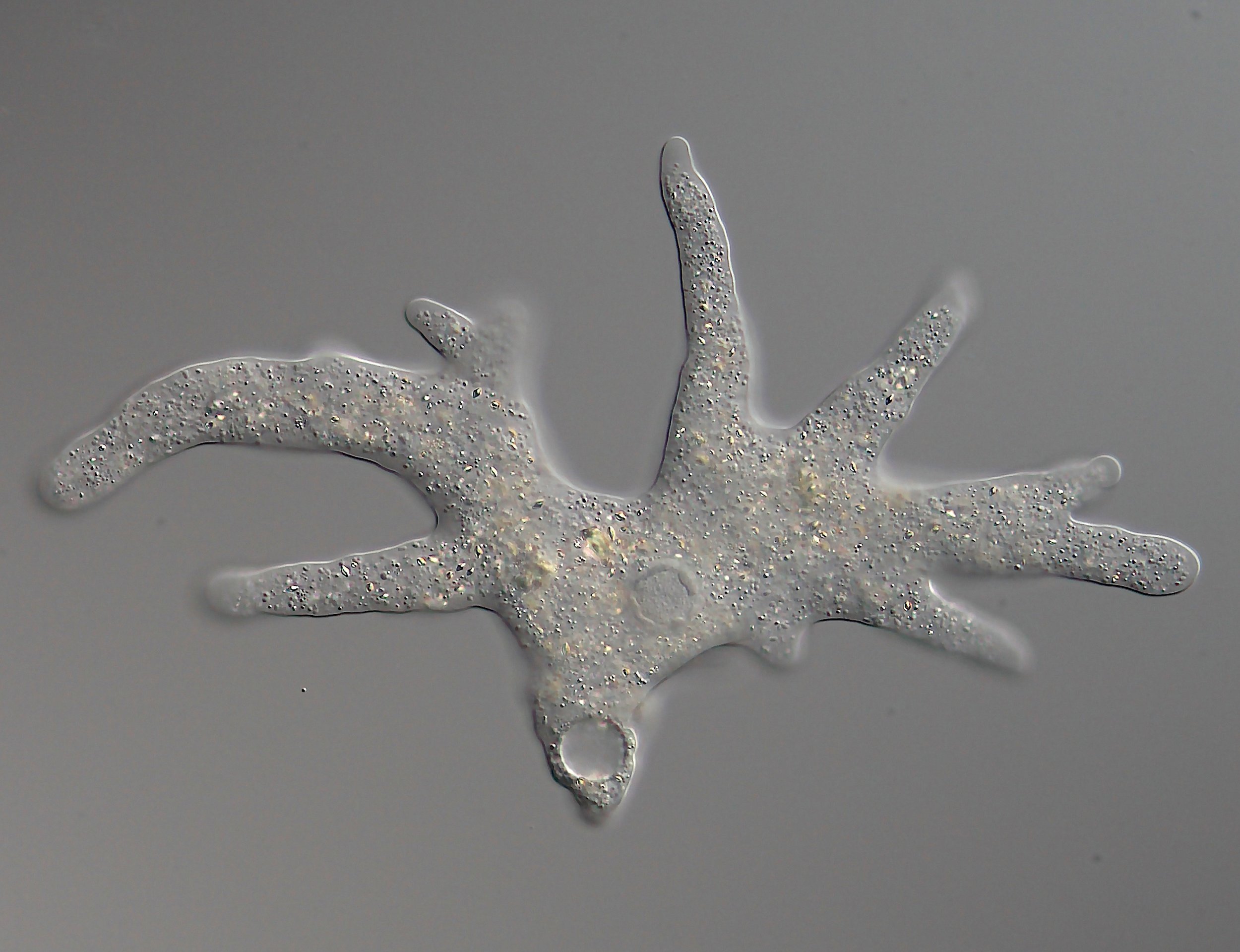
Thousands of programmable DNA-cutters found in algae, snails, and other organisms
New research finds RNA-guided enzymes called Fanzors are widespread among eukaryotic organisms.
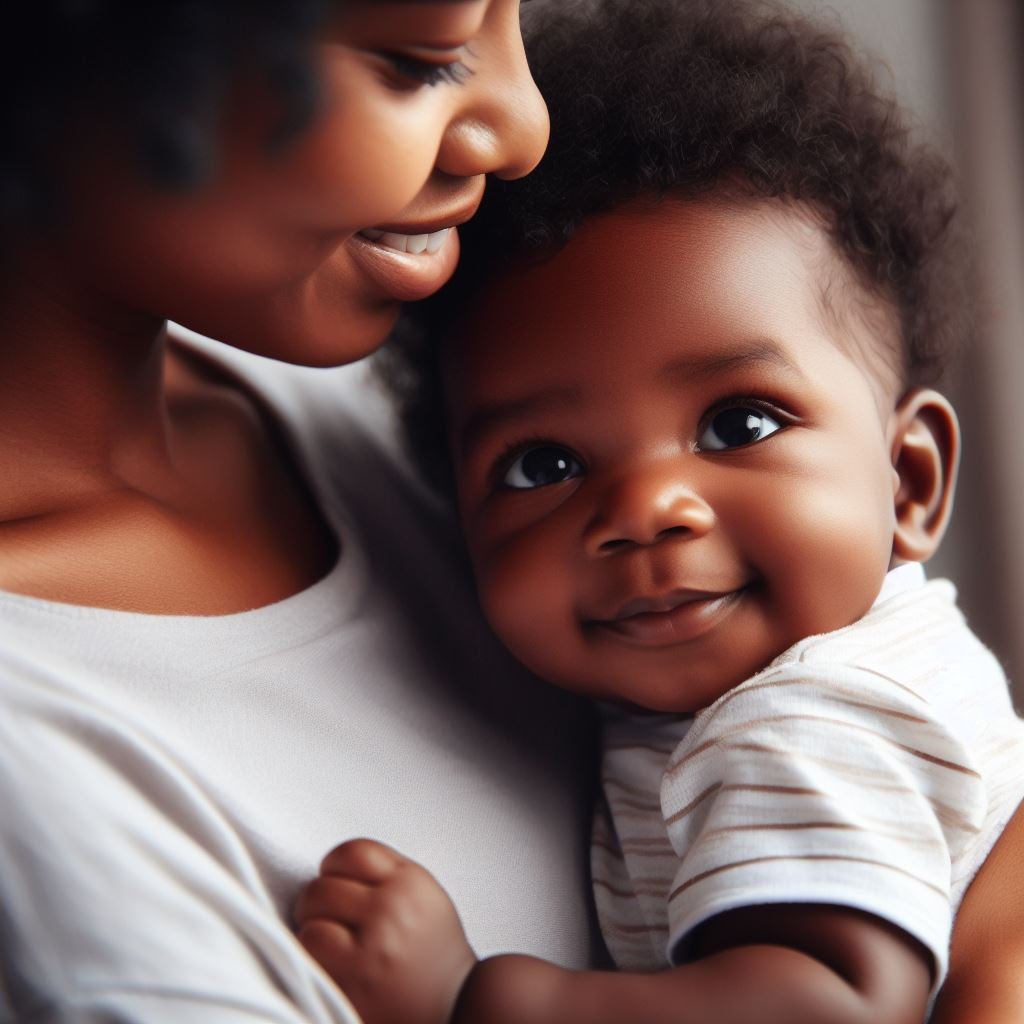
Mystery of infant consciousness: Study sheds fresh light on it
There is evidence that some form of conscious experience is present by birth, and perhaps even in late pregnancy, an international team of researchers has found.

Neanderthals hunted dangerous cave lions, study shows
A new archaeological analysis is the first to show that Neanderthals intentionally stalked large beasts of prey, and apex predators, no less.

NASA says Bennu asteroid sample shows evidence of water, carbon
Initial studies of the 4.5-billion-year-old asteroid Bennu sample collected in space and brought to Earth by NASA show evidence of high-carbon content and water, which together could indicate the building blocks of life on Earth may be found in the rock.

